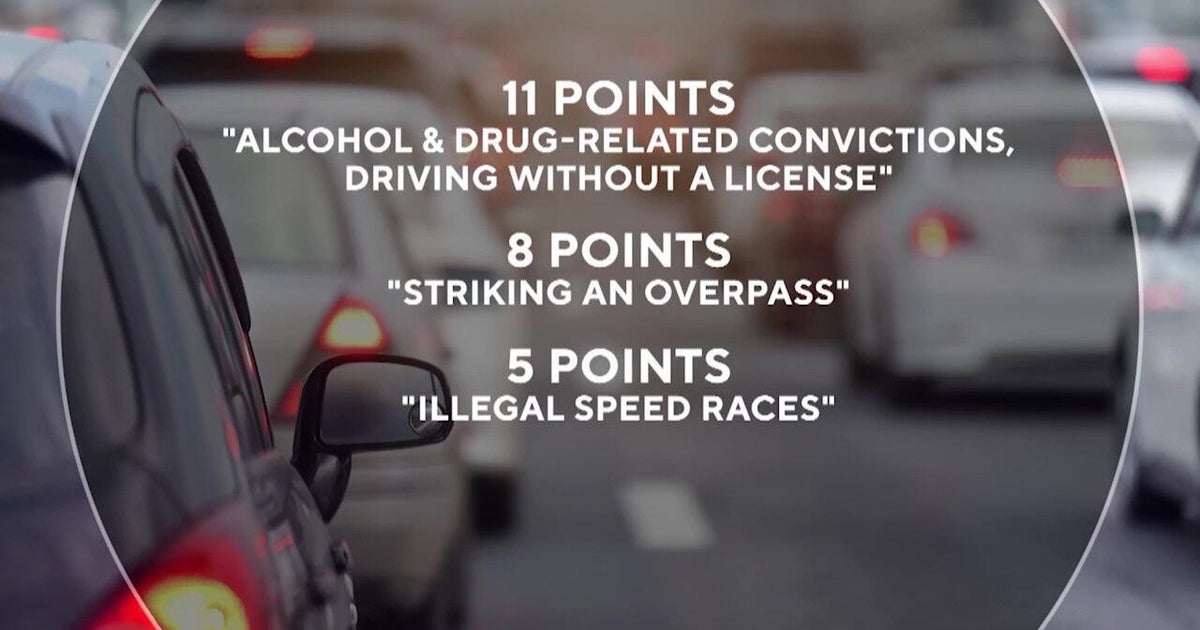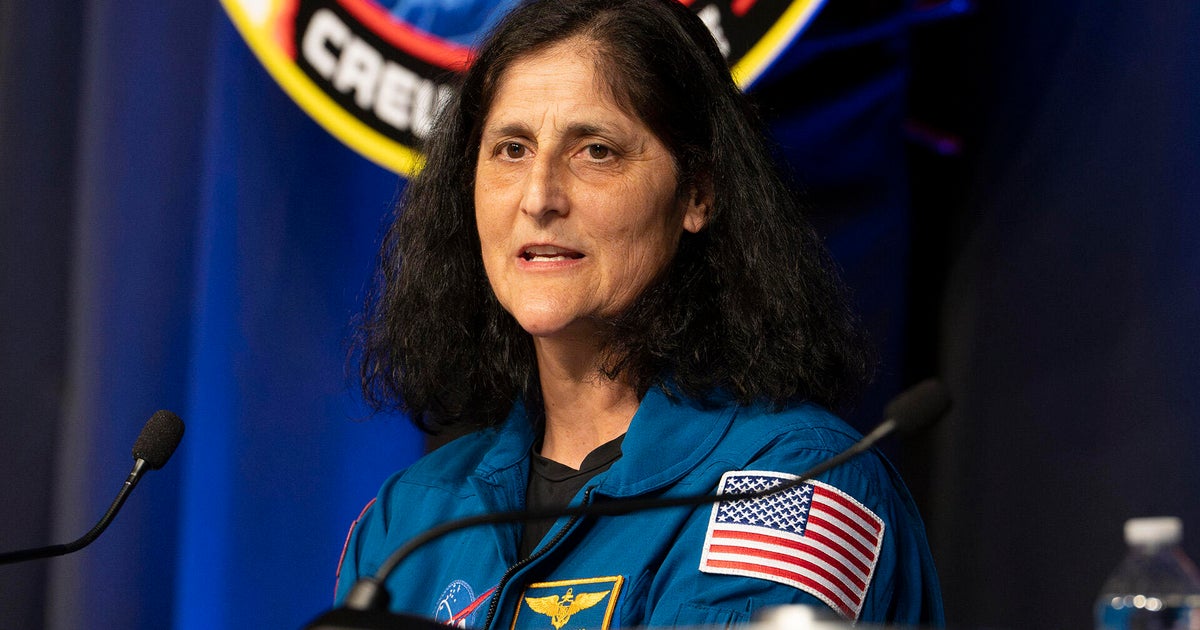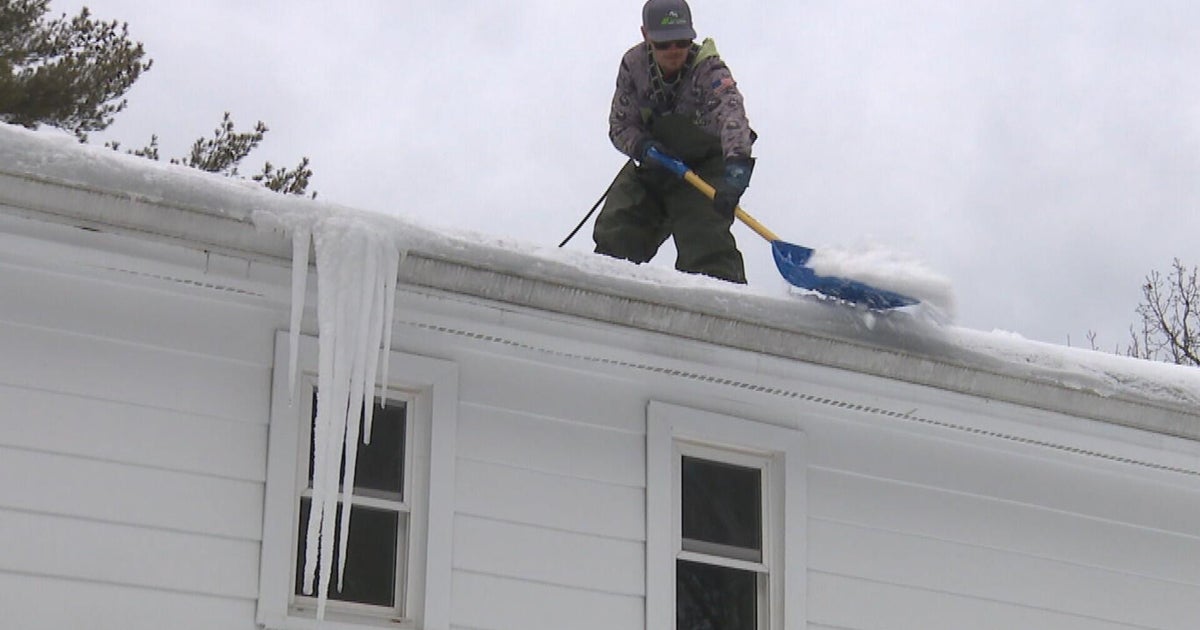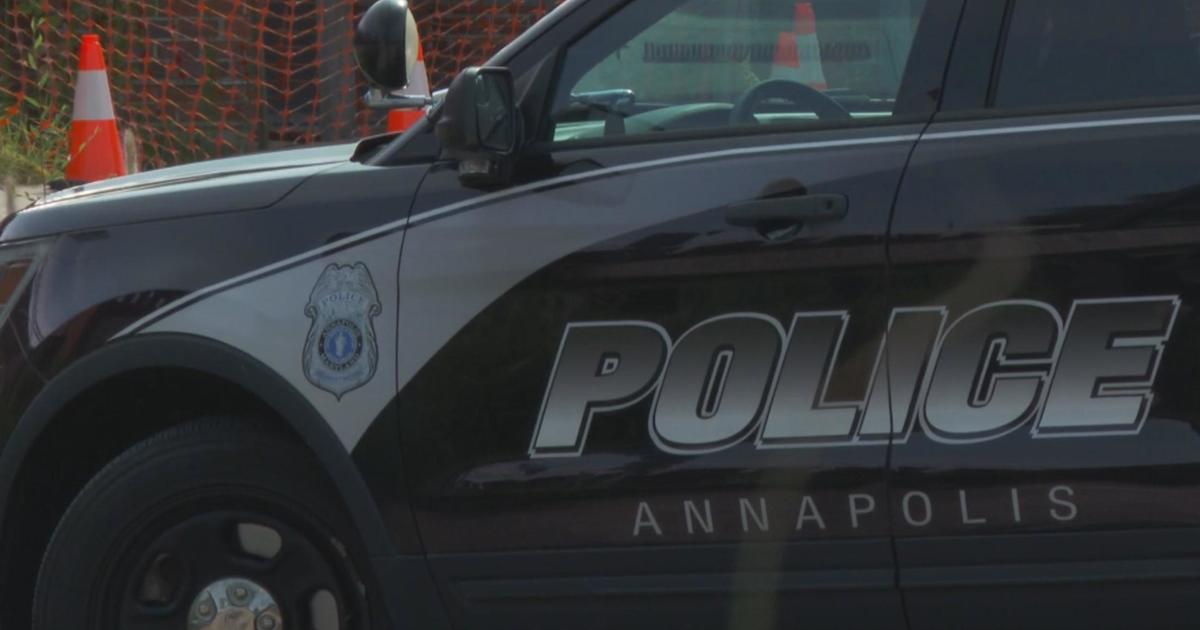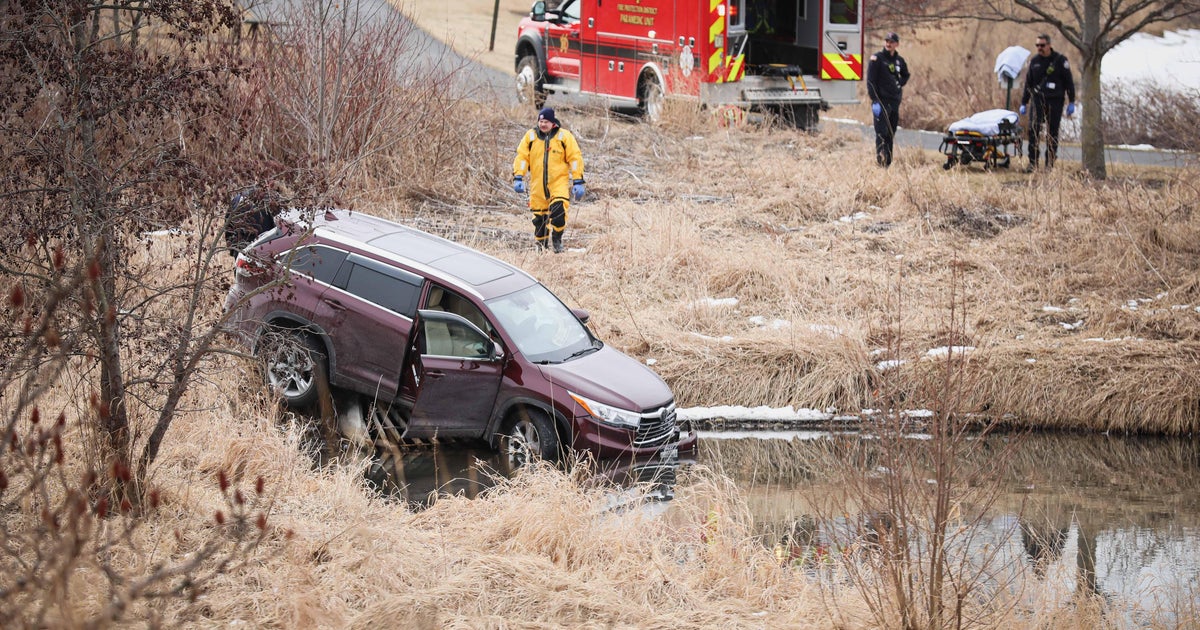Massachusetts plans to spend $50 million on electric vehicle charging projects
BOSTON - Massachusetts is directing $50 million toward EV charging projects in the state, with a goal of making it easier for residents to charge their electric vehicles.
The money from the American Rescue Plan Act will go toward adding and improving EV charging stations, electrifying the state vehicle fleet and helping Uber and Lyft drivers charge their cars.
The Healey administration has pledged to put 1 million electric vehicles on the road by 2030. A report issued to the state Legislature in August 2023 found that there were 2,623 publicly accessible charging station locations in Massachusetts, but far more will be needed to reach the state's goals.
"Many Massachusetts drivers want to make the switch to electric vehicles, but worry about access to charging," Lt. Gov. Kim Driscoll said in a statement. "This investment will break down barriers to widespread electric vehicle adoption and help Massachusetts meet its ambitious greenhouse gas emissions targets."
What's in the Massachusetts EV charging initiative?
The biggest allocation ($12.5 million) will go toward helping EV owners in apartment buildings who can't charge their car at home.
"The project aims to increase the number of overnight curbside charging stations, including accessible pole-mounted and streetlamp EV charging solutions," the state says.
Another $9.5 million will go toward finding charging solutions for "medium and heavy-duty vehicles" like vans, buses and trucks that make up only 3% of vehicles in the state but produce 20% of emissions. And $8 million would fund the deployment of EV charging to communities that have the most Uber, Lyft and taxi drivers with EVs.
"State and rideshare vehicles contribute a disproportionate amount of transportation emissions, so by investing in the electrification of these vehicles, we can have a much more cost-effective impact on emissions," Healey said.
Other projects being funded include installing EV chargers at 60 state facilities and exploring "Vehicle-To-Everything" technology that would "allow EV owners to use their car battery as a resource to reduce home energy costs or sell electricity onto the grid."
